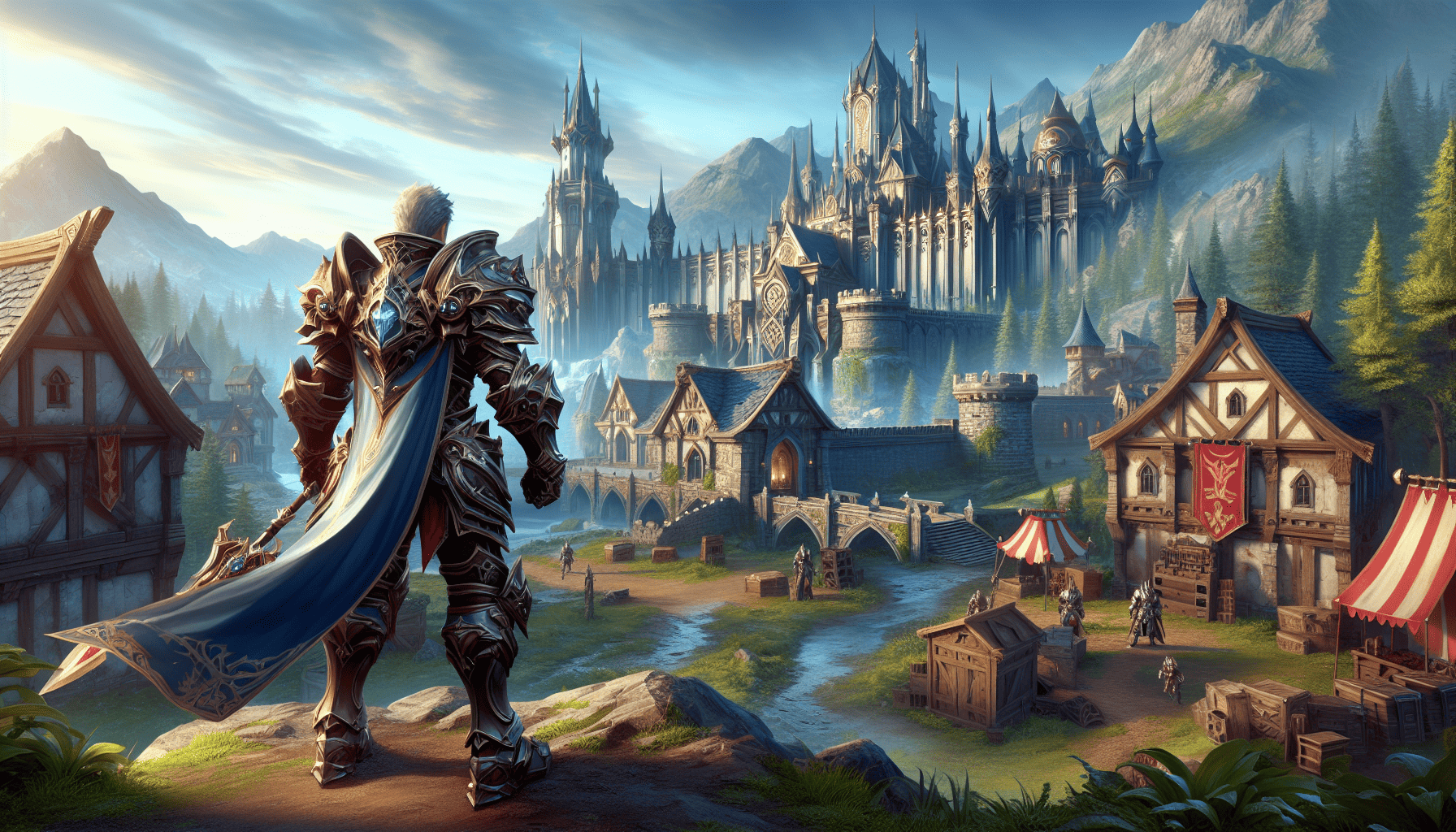Role-playing games, or RPGs, have a rich and storied history that has seen them evolve from basic table-top experiences to complex digital masterpieces. The journey of RPGs is a testament to the creativity and innovation within the gaming industry, reflecting broader technological advances and changing player expectations.
The inception of RPGs can be traced back to the early 1970s with the creation of tabletop games like Dungeons & Dragons. These games focused heavily on storytelling, character development, and player imagination. Players assumed roles of fictional characters and embarked on adventures guided by a game master, thus laying the foundation for core RPG elements such as character progression, narrative depth, and immersive world-building.
As computer technology advanced, the 1980s and 90s saw the transition of RPGs into the digital realm. Early computer RPGs, such as "Ultima" and "Wizardry," began to explore the possibilities offered by digital platforms. These games retained the narrative and character development aspects of their tabletop predecessors while introducing real-time combat and complex puzzles. Graphics and user interfaces were primitive by today's standards, but these games set important precedents for future digital RPGs.
The mid-90s ushered in a golden age for RPGs with the advent of the first 3D graphics and the increasing power of personal computers and gaming consoles. Titles like "Final Fantasy VII" and "The Elder Scrolls III: Morrowind" were groundbreaking, offering expansive worlds, intricate plots, and a sense of freedom that was unprecedented. These games emphasized choice and consequence, allowing players to shape the story through their actions, which became a staple of the genre.
Online multiplayer RPGs, or MMORPGs, introduced a new dimension to the genre in the late 90s and early 2000s with games like "EverQuest" and "World of Warcraft." These games allowed thousands of players to interact within vast persistent worlds, creating dynamic economies, complex social structures, and epic battles. The communal aspect of MMORPGs added another layer of engagement, fostering long-term player investment.
In the modern era, RPGs have continued to evolve, blending elements from various genres to create rich, hybrid experiences. Games like "The Witcher 3: Wild Hunt" and "Cyberpunk 2077" push the boundaries of storytelling, offering intricate narratives that are affected by player choices. The advancements in graphics and artificial intelligence have led to more immersive worlds where NPCs (non-player characters) have realistic behaviors and the environment reacts to player actions.
Moreover, the genre has broadened to include indie games and diverse storytelling perspectives. Titles such as "Undertale" and "Disco Elysium" have shown that RPGs can be artful, reflecting deep philosophical questions and presenting unique gameplay mechanics that challenge traditional RPG conventions.
The evolution of RPGs is a testament to the medium's flexibility and potential for innovation. While the core elements of storytelling, character progression, and world-building remain, the ways these elements are presented and experienced have transformed dramatically. Today's RPGs are masterpieces of narrative and technology, offering players immersive experiences that continue to push the boundaries of imagination and creativity. As technology advances and player expectations evolve, the future of RPGs promises even more exciting developments, ensuring that this beloved genre will continue to thrive and captivate generations of gamers.
